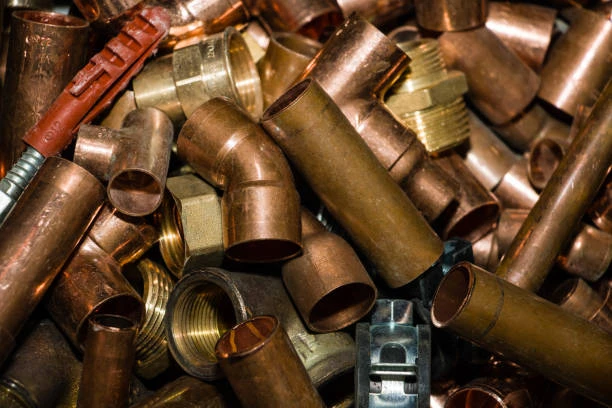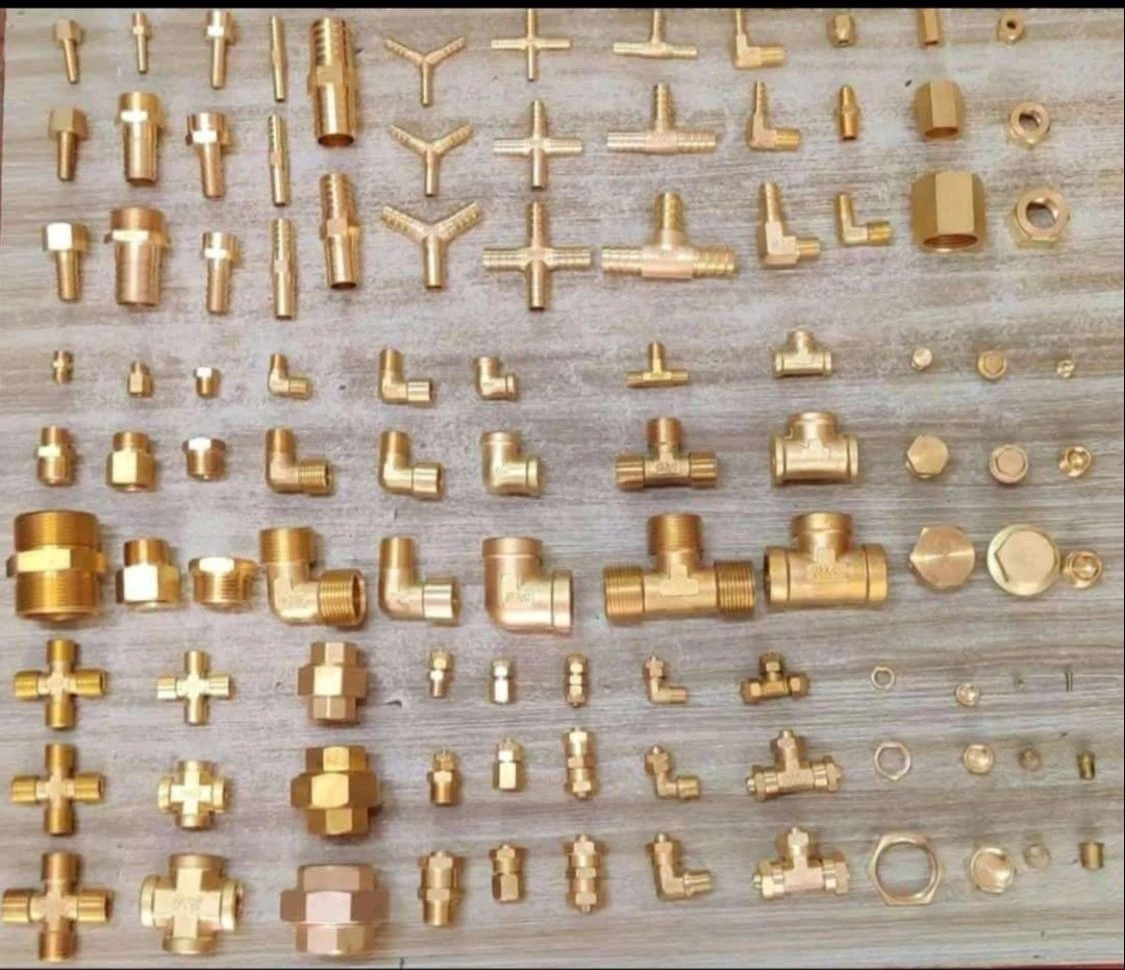In the world of plumbing, few materials have been as widely used and debated as brass, Renowned for its durability and resistance to corrosion, brass plumbing and fittings have long been the go-to choice for both professionals and DIY enthusiasts. However, recent years have seen an increase in frustration surrounding the reliability of these fittings, leading to a growing concern about their longevity and performance.
The Rise of Brass Plumbing
Brass plumbing has been favored for generations due to its favorable properties. It offers excellent resistance to rust and corrosion, making it an ideal choice for water and gas lines. Additionally, brass is malleable, allowing for easier shaping during installation. However, despite these advantages, there has been a noticeable shift in sentiment as plumbing professionals and homeowners alike report a higher incidence of failures in brass fittings.
The Causes of Frustration
1. Quality Variability
One significant factor contributing to dissatisfaction with brass plumbing is the inconsistency in quality. Not all brass fittings are created equal. Many products on the market are manufactured using subpar materials or processes, leading to weak points in the plumbing system. When these fittings fail, the consequences can be severe, resulting in leaks, water damage, and costly repairs.
2. Corrosion and Galvanic Action
Despite brass’s resistance to corrosion, certain conditions can still lead to its degradation. In mixed-metal plumbing systems, for instance, galvanic corrosion can occur when dissimilar metals interact with one another. This phenomenon can cause brass fittings to corrode more rapidly than expected, leading to premature failure. Homeowners often find themselves frustrated when they discover that a seemingly robust fitting has succumbed to this issue.
3. Installation Issues
Another contributing factor to the failure of brass plumbing is improper installation. Many DIYers may underestimate the complexity of plumbing systems, leading to mistakes during the installation process. Over-tightening fittings can strip threads, while inadequate sealing can result in leaks. These errors not only lead to frustration but can also cause long-term damage to the plumbing system.

Alternatives to Brass Plumbing
As frustration mounts over failure-prone brass fittings, many are exploring alternative materials. Options like PVC, PEX, and copper are gaining popularity for their unique benefits.
1. PVC (Polyvinyl Chloride)
PVC is a lightweight, corrosion-resistant plastic that is often used for drain, waste, and vent applications. It is easy to install and relatively inexpensive. However, it is not suitable for hot water lines, which limits its use in certain applications.
2. PEX (Cross-Linked Polyethylene)
PEX has emerged as a favorite for residential plumbing due to its flexibility, resistance to scale and chlorine, and ease of installation. It can expand, making it less likely to burst in freezing conditions, a significant advantage in colder climates. However, some concerns regarding its longevity and potential leaching of chemicals into the water supply have been raised.
3. Copper
Copper has long been a standard in plumbing due to its durability and resistance to bacteria. It is also recyclable, making it an environmentally friendly option. However, its high cost and susceptibility to corrosion in acidic water can be downsides.
The Importance of Quality Assurance
To combat the issues surrounding brass plumbing and fittings, it is essential to prioritize quality assurance in the manufacturing process. Consumers should seek out reputable brands that adhere to industry standards and conduct rigorous testing on their products. Certifications from organizations like the American National Standards Institute (ANSI) or the International Association of Plumbing and Mechanical Officials (IAPMO) can provide peace of mind.
Consumer Education and Awareness
In addition to seeking high-quality products, consumer education is crucial. Homeowners should be informed about the potential pitfalls of using brass plumbing and fittings. Understanding the signs of wear and knowing when to replace fittings can save time and money in the long run.
1. Regular Inspections
Regular inspections of plumbing systems can help identify issues before they escalate. Homeowners should check for signs of corrosion, leaks, or unusual noises. If any problems are detected, addressing them promptly can prevent more significant damage.
2. Know Your System
Understanding the specific plumbing system in your home, including the types of materials used, can help in making informed decisions about repairs and replacements. Homeowners should be aware of the limitations and benefits of brass fittings versus alternatives.
Conclusion
As frustration over failure-prone brass plumbing and fittings continues to grow, it is essential for consumers and professionals alike to stay informed and proactive. By prioritizing quality, seeking alternatives when necessary, and educating themselves about their plumbing systems, individuals can mitigate the risks associated with brass fittings. While brass has been a reliable material for many years, the evolving landscape of plumbing materials offers promising alternatives that may better meet modern needs.
FAQ
1. What are the benefits of using brass plumbing fittings?
Brass fittings are durable, resistant to corrosion, and can withstand high pressures, making them suitable for various plumbing applications.
2. Why are brass fittings failing more often?
Failures can result from poor-quality manufacturing, galvanic corrosion in mixed-metal systems, or improper installation techniques.
3. What are the alternatives to brass plumbing?
Alternatives include PVC for drainage, PEX for flexible installations, and copper for its durability and antimicrobial properties.
4. How can I prevent brass fitting failures?
Regular inspections, proper installation, and choosing high-quality products can help prevent failures in brass fittings.
5. Are brass fittings still a good choice for plumbing?
While brass fittings have advantages, it’s essential to consider quality and the specific application. Alternatives may be better suited in some cases.


















